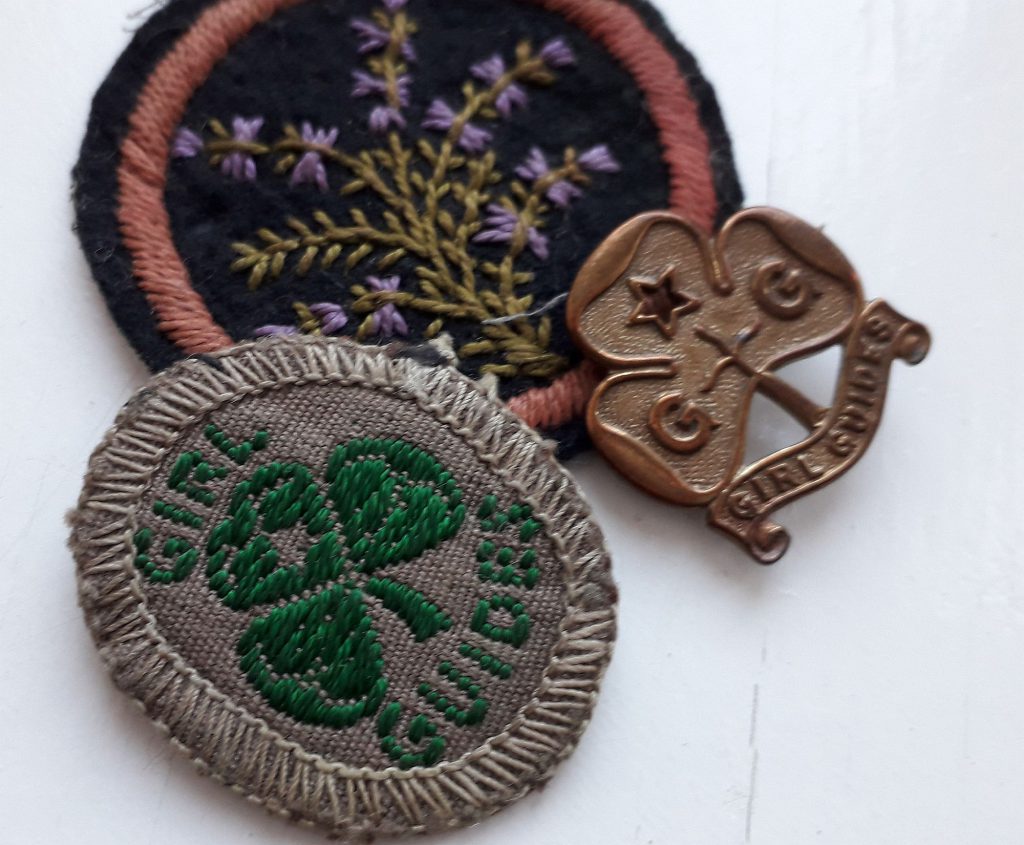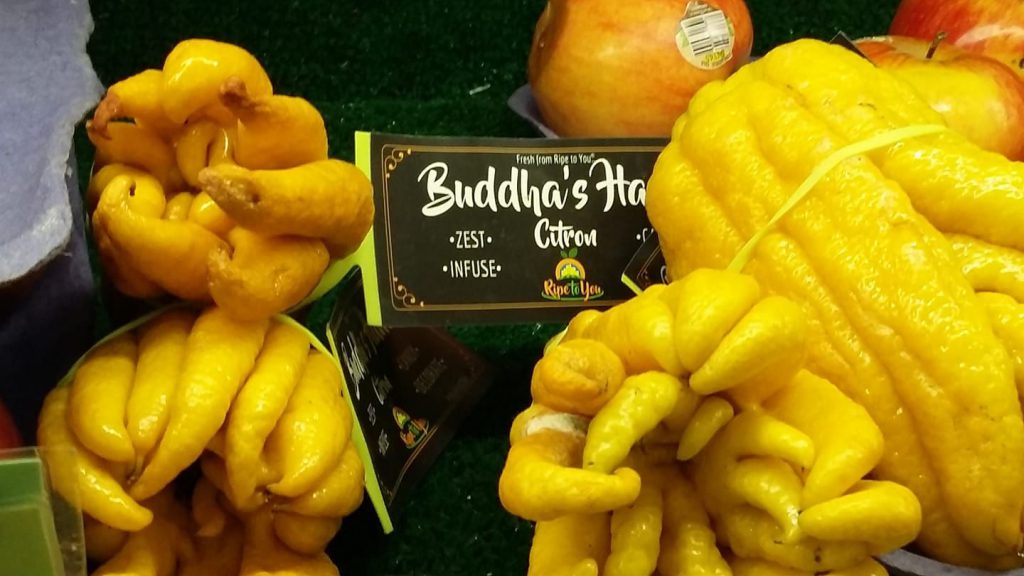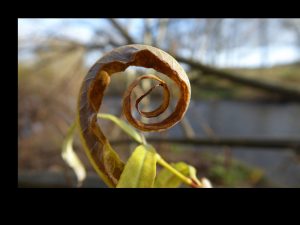December 28th 2020. I’m deeply involved with running the online New Years Retreat. So here is a post to ponder on.
This was first published in 2012 (and again in November last year)and again today. Originally it was written with a chap in mind who had a heart attack this afternoon. And for his family and extended family in the North West of England and Scotland.
Part of an email with my responses, published with permission.
Dear Reverend Mugo,
I was interested in your writing that sitting still is enough to do great good for oneself and others. (See this post.)
After I wrote the post where I say ‘sitting still is enough’ I realized that saying just that without further explanation can be seriously misunderstood. There can, for example, be an implication that practice is about passivity. Nothing could be further from the truth of it. People sit still for all sorts of reasons but it isn’t necessarily the fully intentional ‘sitting still’ that I am referring to. And the intention of the #still4amo is to keep the Precepts in body, speech and mind, and being reflective about what one does. So, yes great good emanates from living a Preceptual life. That’s doing as little harm as possible, doing the ‘good’ beyond the opposites of good/bad, right/wrong. All of this is assumed as being understood when one talks about or refers to ‘sitting still’.
My understanding of zen practice has boiled down to being in each moment as it occurs and I have been wandering for a while how this relates to the Bodhisattva vows.
Well, I’d say I am not consciously aware of ‘being in each moment’. In other words, I’ve not got the thought of ‘being in the moment’ or of that being a conscious ‘action’. I’ll talk about a term I can relate to better than the ‘in the moment’ term. Fully present (Uh! coin a term and it becomes a heavy log weighing itself down, no good for anybody)! Anyway, we’re just talking about ideas here – trying to get our heads straight on the subject. In actual practice fully present means fully present with. That’s not the ‘fully present’ when one’s system is on high alert ready to fight, run or freeze. Which unfortunately is, for some people, a hair-trigger response to circumstances which don’t warrant such a response. (That’s worth a blog post in itself). Going through a field with a Beware of The Bull sign would have me proceeding with caution and I’d certainly be fully present. It would not however be the everyday-fully-present a meditator enjoys as she walks down the road or gets on with sweeping the floor and the like.
The Bodhisattva Vows are about engagement with what’s coming at you, both external to oneself and internally. The vows are a strong intention (making a Vow in the presence of others helps one to ‘put one’s money where one’s mouth is’.) to keep the Buddhist Precepts in relationship with… Books have been written on the subject of the Boddhisattva Vows. This is an answer but not a comprehensive one to your question about the Bodhisatva Vows. Study is good in this regard, but not good to overdo that and have life pass one by in the process of study. Our practice, as you well know, emphasizes the ‘hands-on’, ‘active’ approach while study is part of what we do, too.
If I am walking down the street being fully present how am I helping others?
Actually I’ve not a clue! Faith definitely underpins the ‘walking’. Not a faith IN anything – no ‘articles’ of faith in my Buddhist understanding of that term. Faith is, you could say, just simply walking on and ‘not knowing’ (remember the book ‘The Cloud Of Unknowing’?) and not being spooked by not knowing!
I have been reading Katagiri’s book ‘Each Moment is the Universe’ and from what I can understand in some profound way (my words not his) being fully present in the moment is doing good for others.
My mentioning the word faith can in itself spook people because of associations with ‘blind faith’, past religious associations and a whole lot of assumptions and teachings around what faith means in religious practice. As well as our common understanding of faith. ‘I have faith that you will decide to do the right thing’. Says a father to his daughter. He is most likely hoping she will do the right thing, with a tinge of…’and I am expecting you to do the right thing’! And perhaps the most important message (if that is the truth) I have faith that you actually ‘know’ what the right thing to do, is. Perhaps Katagiri Roshi was talking about his understanding of faith.
During the eighties (yes back then!) I was very involved in the Protest movement and things seemed quite simple; I was on the good side, trying to change the world for the better. But all the conflict got to me and it wasn’t long after I started a regular meditation/Buddhist practice.
Ah yes. It was the Beatles song Revolution which spoke to me at the time. ‘You tell me it’s the institution. Well, you know. You better free your mind instead’. There was a lot of hate and righteous anger at the time, and they’re still is. One can still change the world for the better by taking part in political action, however taking care of what’s going on in one’s mind and heart is crucial Preceptually. It is reasonable to have anger come up in the face of injustice and the like, giving vent to it that does harm either to oneself or to others or both, is not a good plan. The Noble Eightfold Path is detailed teaching on keeping the Precepts in body and mind.
However now I’ve taken to asking myself how my life is benefiting others. I mentioned to some friends that I don’t ever remember taking the Bodhisattva vows and they laughed. Was it like how people used to be conscripted for the army; being plied with drink and waking up the next day; “Oh no what have I done!”?
People, including devout Buddhists, layer a lot onto the meaning of the Bodhisattva Vows and the taking of them. They can become a koan (spiritual question) in themselves. As you ponder below if being present is enough why have vows? That is the same level of question Zen Master Dogen took to China and came back with the answer embedded in his Universal Recommendations For Zazen (Rules For Mediation). I think the answer is simply that we are human and some of us can do with all the help we can find. Making vows can help us keep on track when we’d rather not. But vows are not magic, we have to follow through. And find compassion when we don’t.
And if being present in each moment is enough; why have the Bodhisattva vows? Not sure if I’m wanting an answer to all this but the blog resonated with where I’m “at” with Buddhist practice.
You might ask ‘Why get involved with a faith tradition, formally or informally?’ Lots of people don’t and live happy, ethically sound and fulfilled lives. And others of us find ourselves adopting practices such as formal meditation, we might not have, we might drop them in the future. Who knows how life would have turned out or will turn out. Which reminds me…I missed my #still4amo at 5.00 pm today – I forgot! I remembered later though and now I am going to be still for quite a few moments. Always good to talk to you.
And all the best,
Here is an introduction to the Bodhisattva Vows, an overview really. But I’d not take what is written in this Wikipedia article as ‘gospel’.


